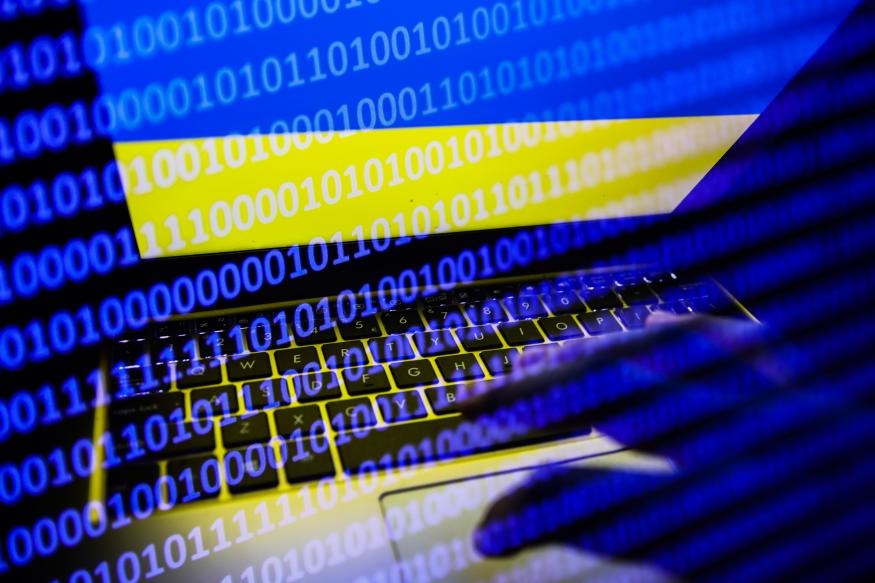Russia’s war on Ukraine began with a satellite internet cyberattack
Russia’s alleged cyberattack campaign against Ukraine appears to have continued up to the very minutes before the invasion. Reuters reports the US, UK and European Union have formally blamed Russia for a large-scale cyberattack that disrupted Viasat’s satellite internet service an hour ahead of the February 24th assault. The hacking efforts permanently destroyed “tens of thousands” of satellite terminals, Viasat said, while the UK noted that the attack affected central European internet users and wind farms in addition to the Ukranian military and some civilian customers.
The accusations come in response to “new UK and US intelligence” linking Russia to the cyberattack, according to the UK’s Foreign Office. Russia hadn’t responded to the claims as of this writing, but has historically denied cyberattacks regardless of evidence.
The hack targeting Viasat likely had its intended effect. Ukraine cybersecurity official Victor Zhora disclosed in March that the anti-satellite effort led to a “huge loss” in communications at the very start of the war. With that said, Ukraine has been better-prepared in at least some instances. It claims to have fended off an attack against an energy provider in April, for example. While this latest attribution won’t dissuade Russia from conducting more attacks, it might signal that Ukraine and its allies are more aware of how to defend themselves online.

(21)
